Not every fruit is safe for dogs, so I have compiled a list of fruit that has been proven safe and beneficial for our furry family members. While fruits (and vegetables) are not necessary in a dogs diet, they can certainly act as a nutritional boost or act as a healthy snack. Much like the "Healthy Vegetables for your Dogs" article I have previously written, you can use any of the fruits mentioned on the following list! Replace store bought treats with pieces of fruit, or add some fruit to your dogs diet and give them something nutritious and healthy!
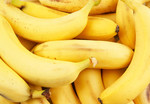
A mini powerhouse of nutrition, bananas contain protein, vitamin B6, dietary fiber, potassium, iron, vitamin C, folate, magnesium, vitamin A and more! They are tasty and make a great fresh or frozen treat!
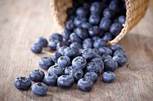
These antioxidant rich berries are FULL of nutrition, including but not limited to vitamin K, manganese, vitamin C, dietary fiber, vitamin A, folate, phosphorus, calcium and potassium! Ideal for brain health, eye health and the cancer fighting properties!

Rich in vitamin C, vitamin A, vitamin K, folate, calcium, magnesium, phosphorus, potassium and more, strawberries make a healthy and tasty treat that is low in calories and high in taste and nutrition. Another excellent frozen treat for dogs!

Do NOT feed the core or seeds - they contain arsenic! The apple flesh itself is healthy, crunchy, low calorie and refreshing! Full of dietary fiber, vitamin A, vitamin C, vitamin K, folate, calcium, magnesium, phosphorus and potassium! A few apple slices a day keeps the veterinarian away!
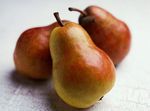
Do not feed seeds/core. Light, low calories and refreshing! Pears contain vitamin K, vitamin C, folate, calcium, magnesium, phosphorus and potassium! A few pear slices make an excellent summer treat!
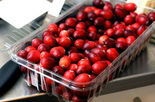
Known for helping to maintain a healthy urinary tract, cranberries can help flush the kidneys and prevent urinary infections. Cranberries are rich in antioxidants, vitamin A, B vitamins, vitamin C, vitamin K, calcium, phosphorus and potassium!

Refreshing, full of water, and perfect for a fun snack on a hot summer day! Watermelon is full of vitamin A, vitamin K, calcium, magnesium, phosphorus, potassium, selenium and water! Watermelon is great for helping rehydrate dogs!
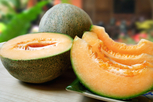
Full of vitamin A, vitamin C, vitamin K, niacin, folate, calcium, magnesium, phosphorus, potassium, selenium and omega fatty acids, cantaloup is another fun and refreshing snack for dogs that can also help rehydrate them!
Want to make dramatic positive changes with your dog's nutrition? K9 Instinct provides a collection of great canine diet and nutrition eBooks to help you keep your dog healthy and strong!
Angel
K9 Instinct
www.k9instinct.com

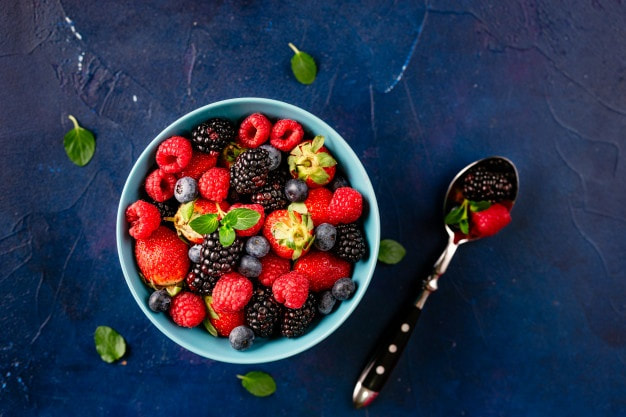

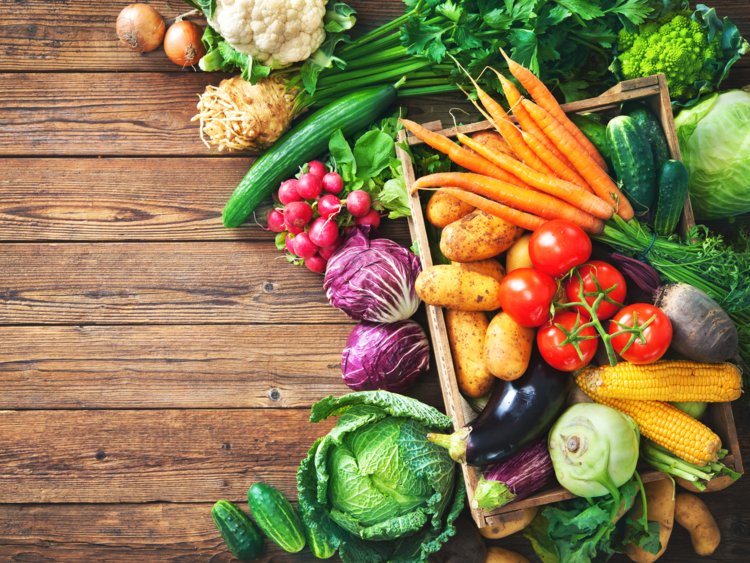


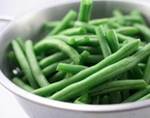

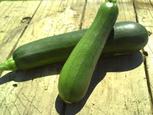
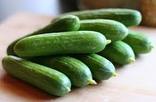
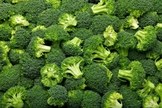
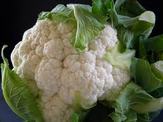
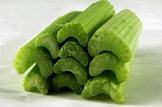

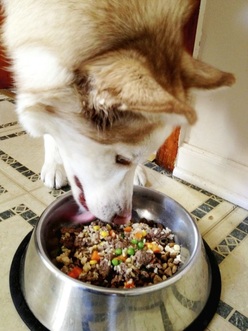
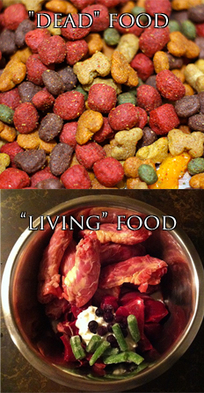
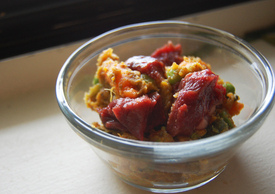
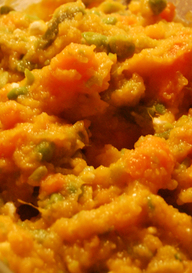
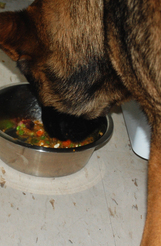




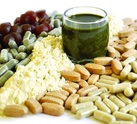

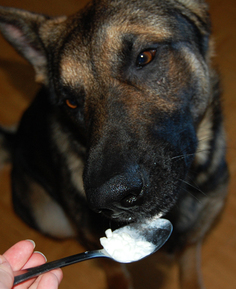
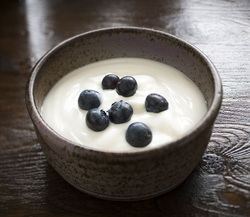
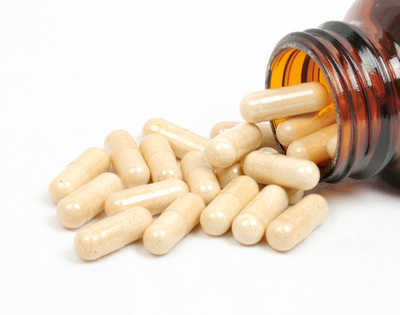
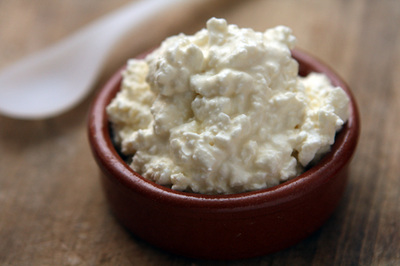
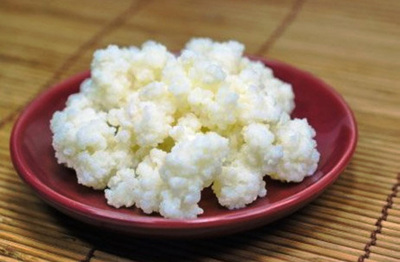
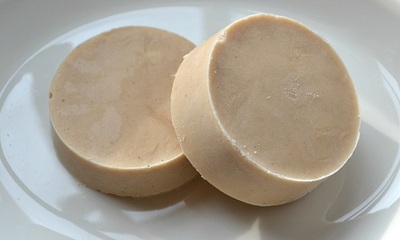
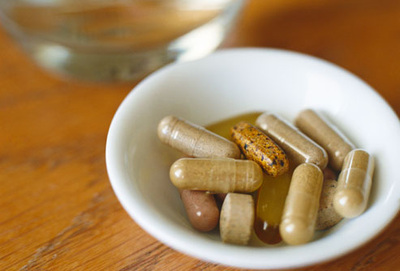

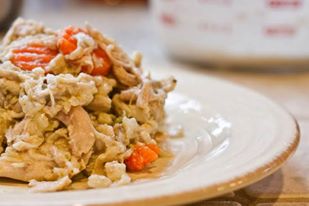
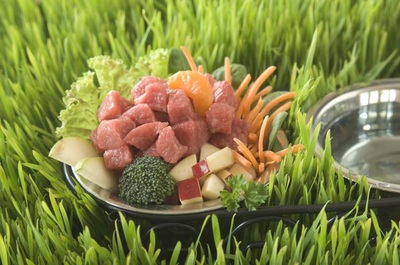
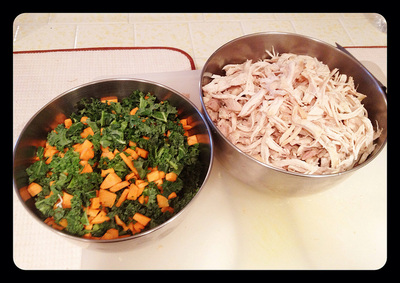

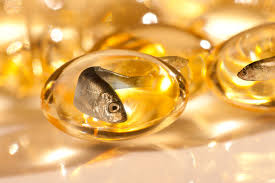
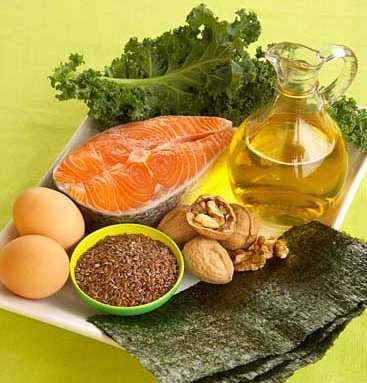
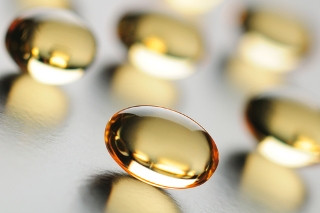
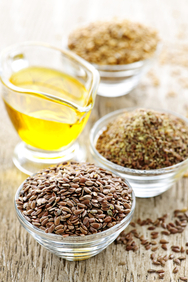

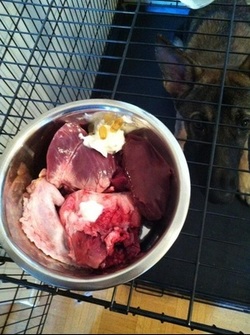

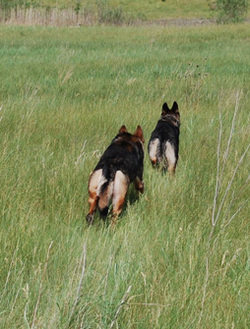


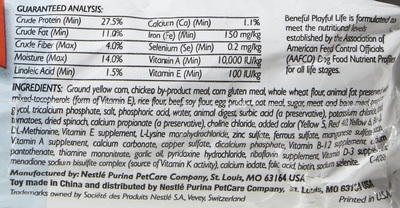
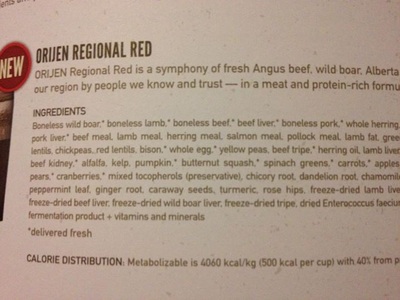
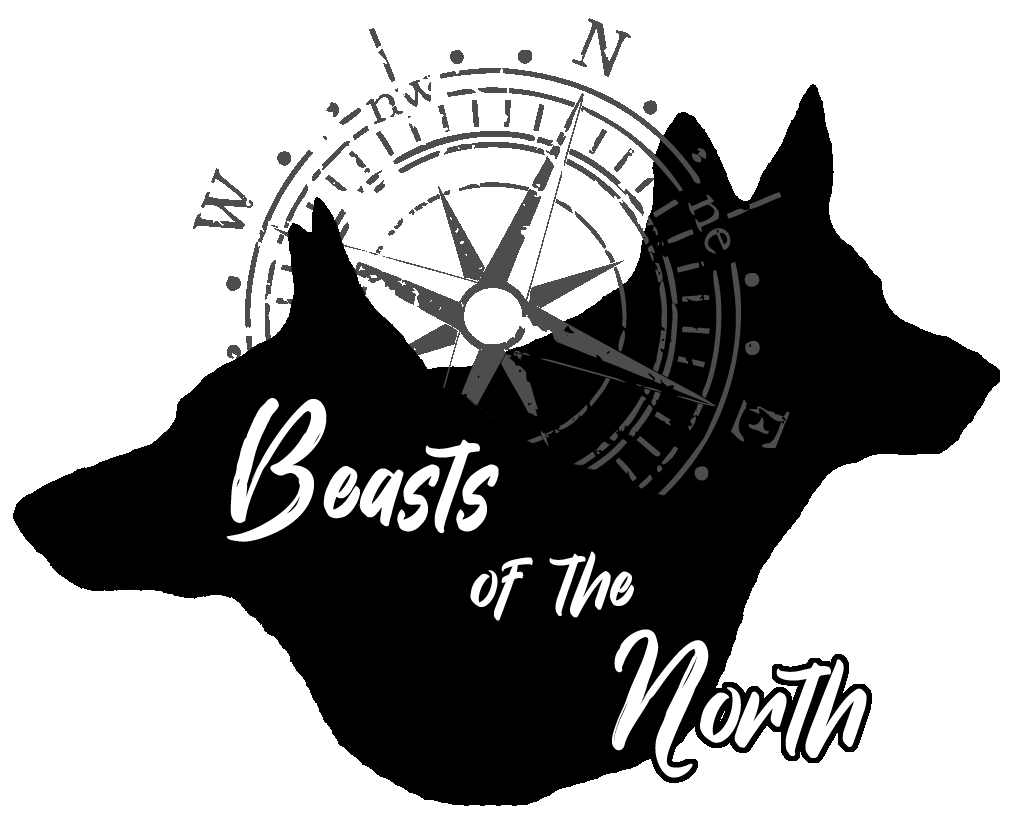
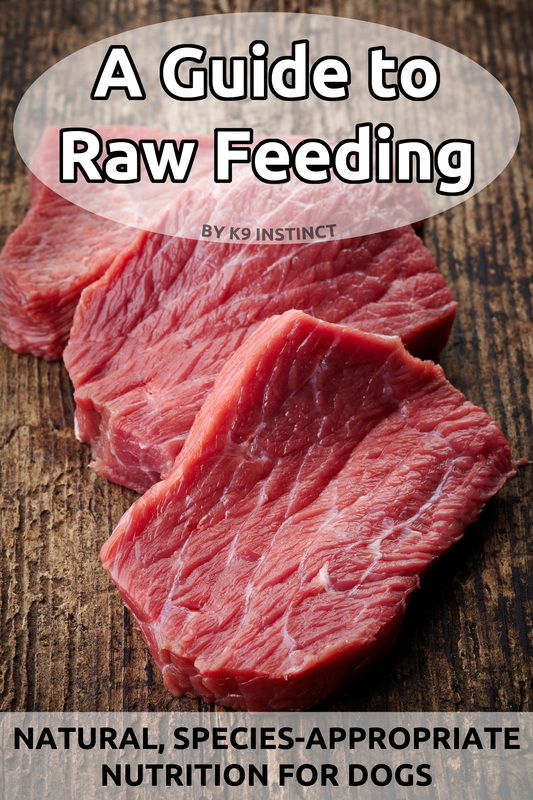
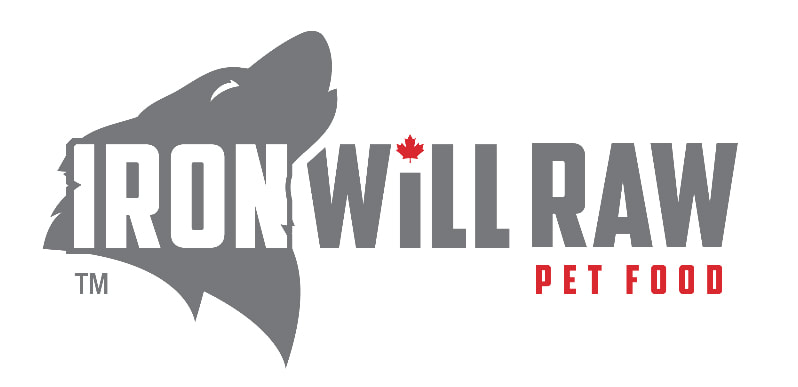
 RSS Feed
RSS Feed
